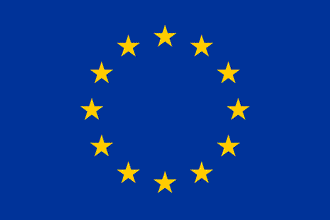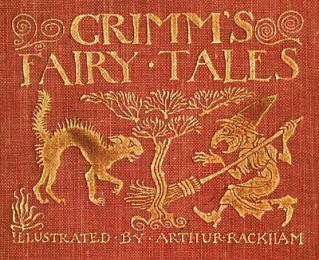 The search engine Google is about to name and shame any site which does not use the HTTPS security protocol.
The search engine Google is about to name and shame any site which does not use the HTTPS security protocol.
For years, it has been enough for site users to build their websites using HTTP with only those who run financial transactions needing the more secure protocol.
Now Google is proposing to warn people their data is at risk every time they visit websites that do not use the “HTTPS” system.
If implemented, the developers wrote, the change would mean that a warning would pop-up when people visited a site that used only HTTP to notify them that such a connection “provides no data security.”
The team said it was odd that browsers currently did nothing to warn people when their data was unprotected.
“The only situation in which web browsers are guaranteed not to warn users is precisely when there is no chance of security,” they wrote.
HTTPS uses well-established cryptographic systems to scramble data as it travels from a user’s computer to a website.
However, website operators might have a few problems when it comes to adopting the HTTPS system, but could see traffic plummet if they do not.
Currently only about 33 per cent of websites use HTTPS, according to statistics gathered by the Trustworthy Internet Movement which monitors the way sites use more secure browsing technologies.
Many large websites and services, including Twitter, Yahoo, Facebook and GMail, already use HTTPS by default. In addition, since September Google has prioritised HTTPS sites in its search rankings.

















